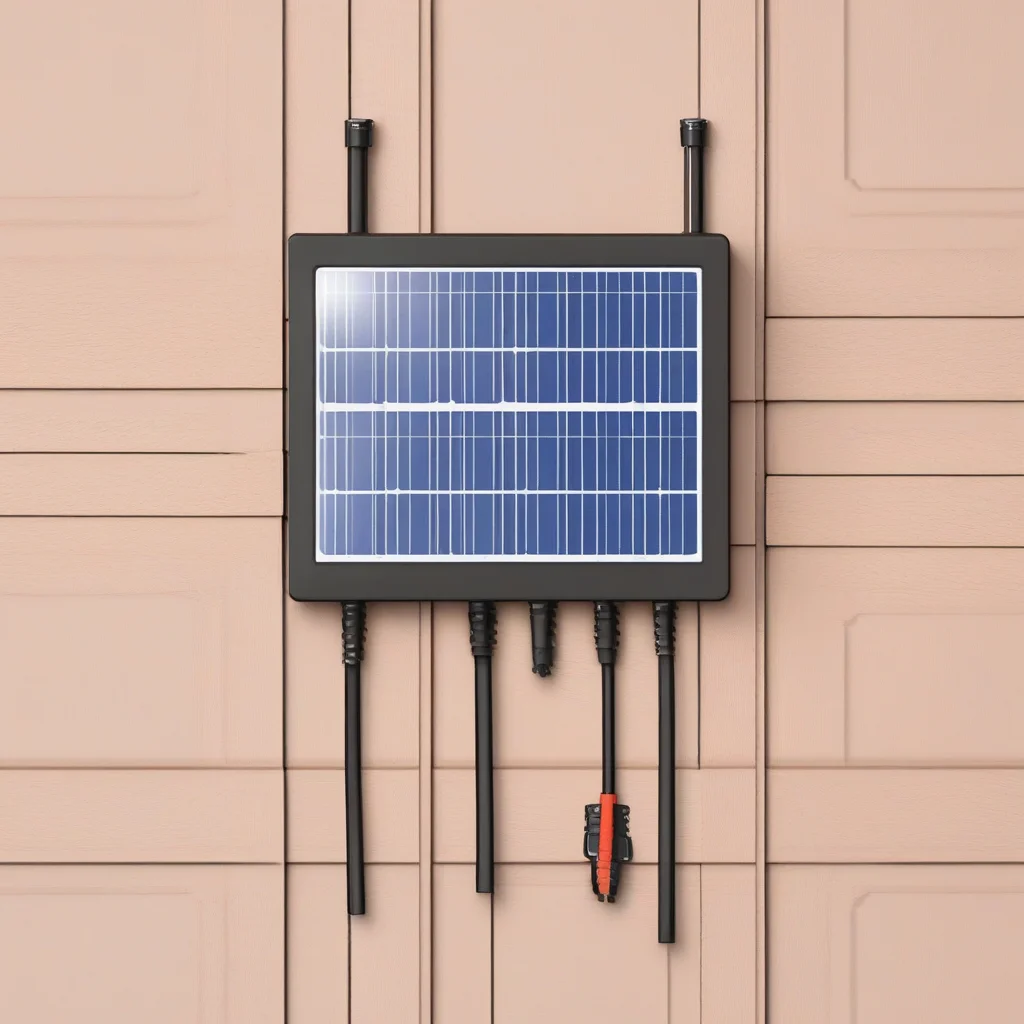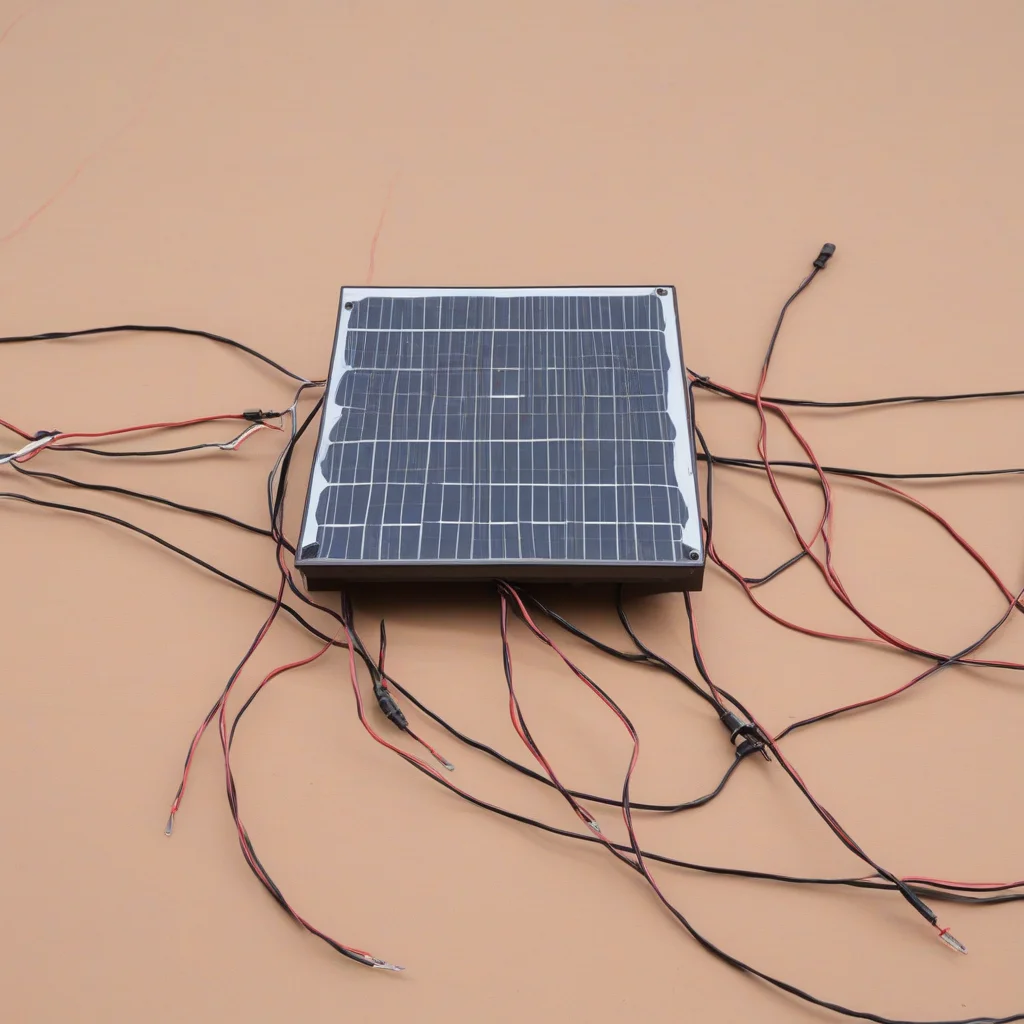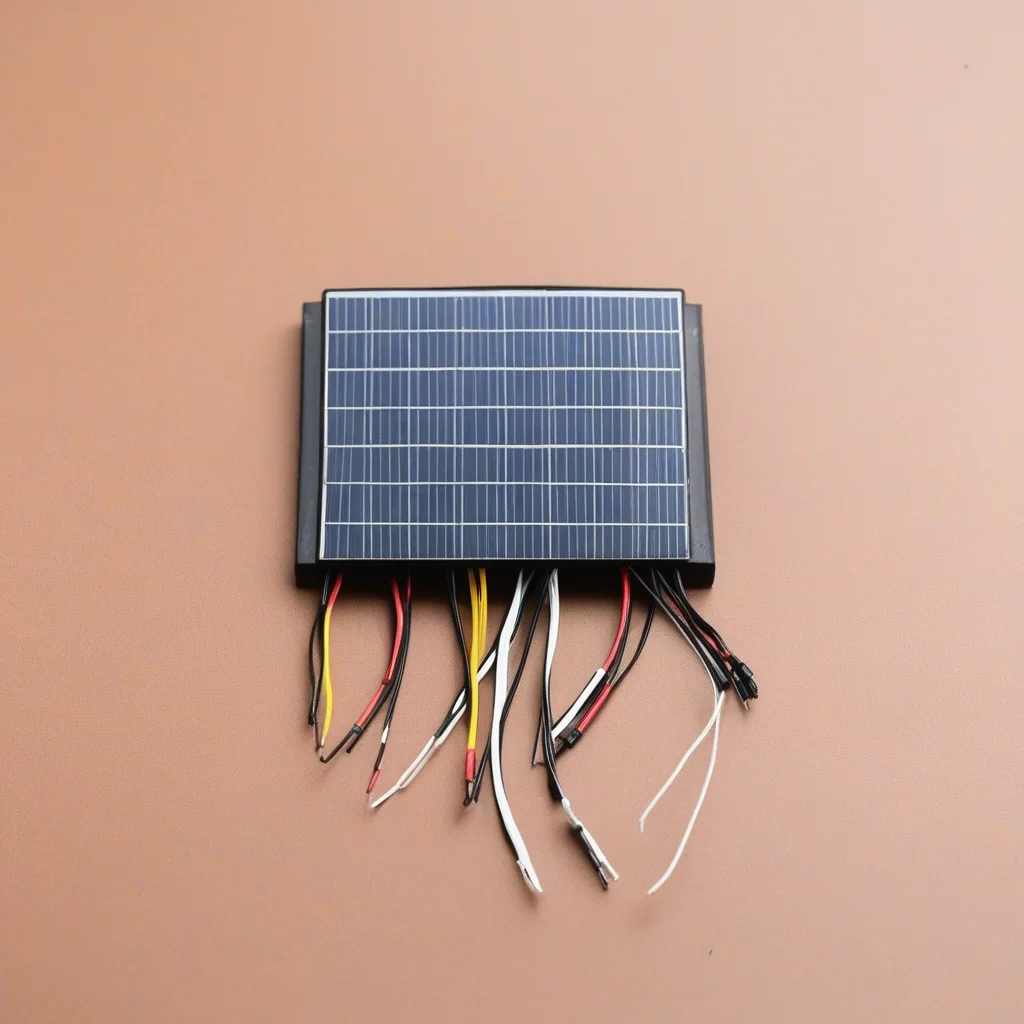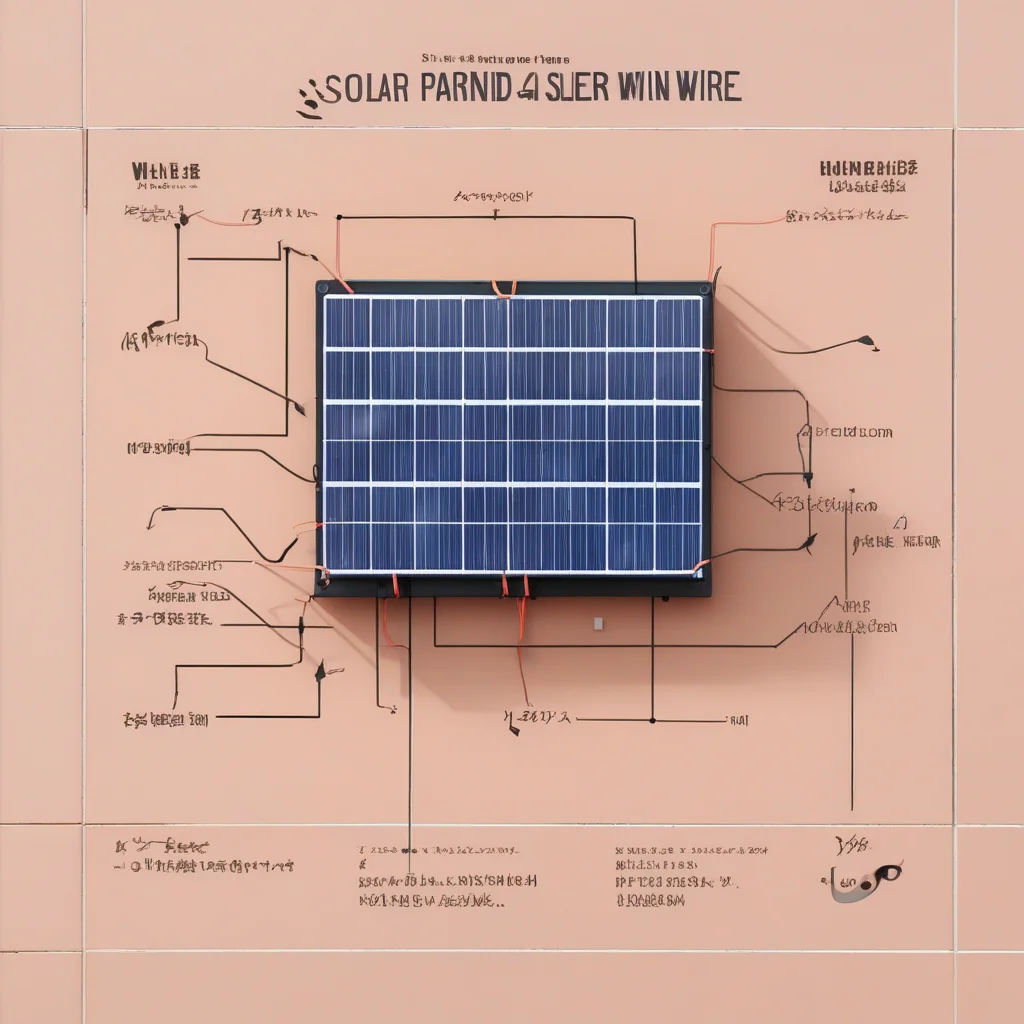Introduction
Hey there! Are you curious about how solar panels work and what keeps them running smoothly? Well, one important part of making sure your solar panels are doing their job is choosing the right size for the wires that connect them. Think of it like picking the right size of a water hose for your garden. If the hose is too small, it can’t carry enough water. If it’s too big, it might be a bit too bulky.
In this article, we will dive into the world of solar panel wire sizing. We’ll make it super simple and fun, so you can understand why this is so important. We will also look at some cool products, key features, and answer some common questions. By the end, you’ll know exactly how to pick the best wires for your solar panels. Ready? Let’s get started!
Why Is Wire Sizing Important?
When we talk about solar panels, we’re talking about capturing sunlight and turning it into electricity. But, to get that electricity where it needs to go, we use wires. These wires need to be the right size to handle the electricity from your solar panels.
If the wires are too small, they might get too hot and could even be a safety hazard.
If they are too large, it could be more expensive and not necessary.
Choosing the right size helps keep everything safe and working efficiently.
Product Information

Let’s talk about what kind of wires you might need for your solar panels. Solar panel wires are special because they need to handle electricity safely and be durable enough for the outdoors.
What Makes Solar Panel Wires Special?
Solar panel wires are designed to be:
- Weather-resistant: They can handle rain, snow, and sun without getting damaged.
- Safe: They have insulation that keeps the electricity contained and prevents any accidents.
- Flexible: They are easy to bend and shape, making it simpler to install them.
Key Features of Solar Panel Wires
Here are some cool features you might find in different solar panel wires:
| Feature | Description |
|---|---|
| Durability | Built to last for years, even in harsh weather. |
| Insulation | Protects against electrical shocks and weather. |
| Flexibility | Easy to bend and install. |
| Heat Resistance | Can handle high temperatures without melting. |
| Corrosion Resistance | Doesn’t rust or corrode over time. |
| UV Resistance | Stays strong under the sun’s rays. |
| Ampacity | Can carry a specific amount of electricity safely. |
| Compliance | Meets safety standards and regulations. |
How to Choose the Right Wire Size

Picking the right size for your solar panel wires might sound tricky, but it’s actually pretty straightforward. Here’s a step-by-step guide:
1. Know Your Solar Panel Output
Different solar panels produce different amounts of electricity. You need to know how much electricity your panels produce to choose the right wire size.
2. Consider the Distance
The length of the wire run between your solar panels and the inverter or battery is important. Longer distances might need thicker wires to reduce energy loss.
3. Check the Voltage and Current
The voltage and current ratings of your system help you determine the right wire size. Higher voltages and currents typically require thicker wires.
4. Account for Temperature
Wires can heat up when carrying electricity. In very hot places, you might need a larger wire size to handle the extra heat.
5. Safety First
Always make sure the wires you choose meet safety standards. This helps prevent overheating and other electrical issues.
Different Types of Solar Panel Wires
There are a few different types of wires you can use with solar panels. Let’s look at some of them!
1. PV Wire
PV stands for photovoltaic, which is just a fancy word for solar panels. PV wire is designed specifically for use with solar panels. It’s super durable and works well in all kinds of weather.
2. THHN Wire
THHN wire is a type of electrical wire that can be used for solar panels. It’s not as weather-resistant as PV wire, so it’s usually used in less harsh conditions.
3. Solar Extension Cables
These are used to extend the length of your solar panel wires. They are very useful if your solar panels need to be a bit further from your inverter or battery.
How to Install Solar Panel Wires

Installing solar panel wires might seem like a big task, but it’s not too hard if you follow the steps carefully.
1. Plan Your Installation
Before you start, make a plan. Decide where you will place your solar panels, inverter, and battery. Measure the distances so you know how much wire you need.
2. Cut the Wires
Once you have your measurements, cut the wires to the right length. Make sure to leave a little extra length just in case.
3. Connect the Wires
Connect the wires to your solar panels, inverter, and battery. Use connectors that are compatible with your wires and make sure they are securely attached.
4. Test Everything
After you’ve connected everything, test your system to make sure it’s working correctly. Check for any loose connections or other issues.
5. Protect the Wires
Finally, make sure your wires are protected. Use wire clips or conduit to keep them in place and prevent damage.
FAQs
1. Why is it important to use the right size of wire for solar panels?
Using the right size wire ensures that your system operates safely and efficiently. Wires that are too small might overheat, while wires that are too large can be unnecessarily expensive.
2. Can I use regular electrical wire for solar panels?
While you can use some types of regular electrical wire, it’s best to use solar panel-specific wires like PV wire. These are designed to handle the outdoor conditions and electrical requirements of solar panels.
3. How do I know if my wire is too small?
If your wire is too small, you might notice overheating or voltage drops. It’s important to use a wire size that matches the current and voltage of your solar system.
4. What happens if I use the wrong type of wire?
Using the wrong type of wire can lead to safety issues like overheating or electrical fires. Always use wires that are designed for solar panel use and meet safety standards.
5. How often should I check my solar panel wires?
It’s a good idea to check your wires at least once a year. Look for signs of wear and tear, and make sure all connections are secure.
Conclusion
Choosing the right size and type of wire for your solar panels is key to a safe and efficient solar power system. Just like picking the right size of a hose for your garden, the right wires will ensure everything works smoothly. Remember to check the output of your panels, consider the distance, and always choose wires that are designed for outdoor use.
By following these tips, you can make sure your solar panels are up and running safely, providing you with clean, renewable energy for years to come. Happy solar powering!

